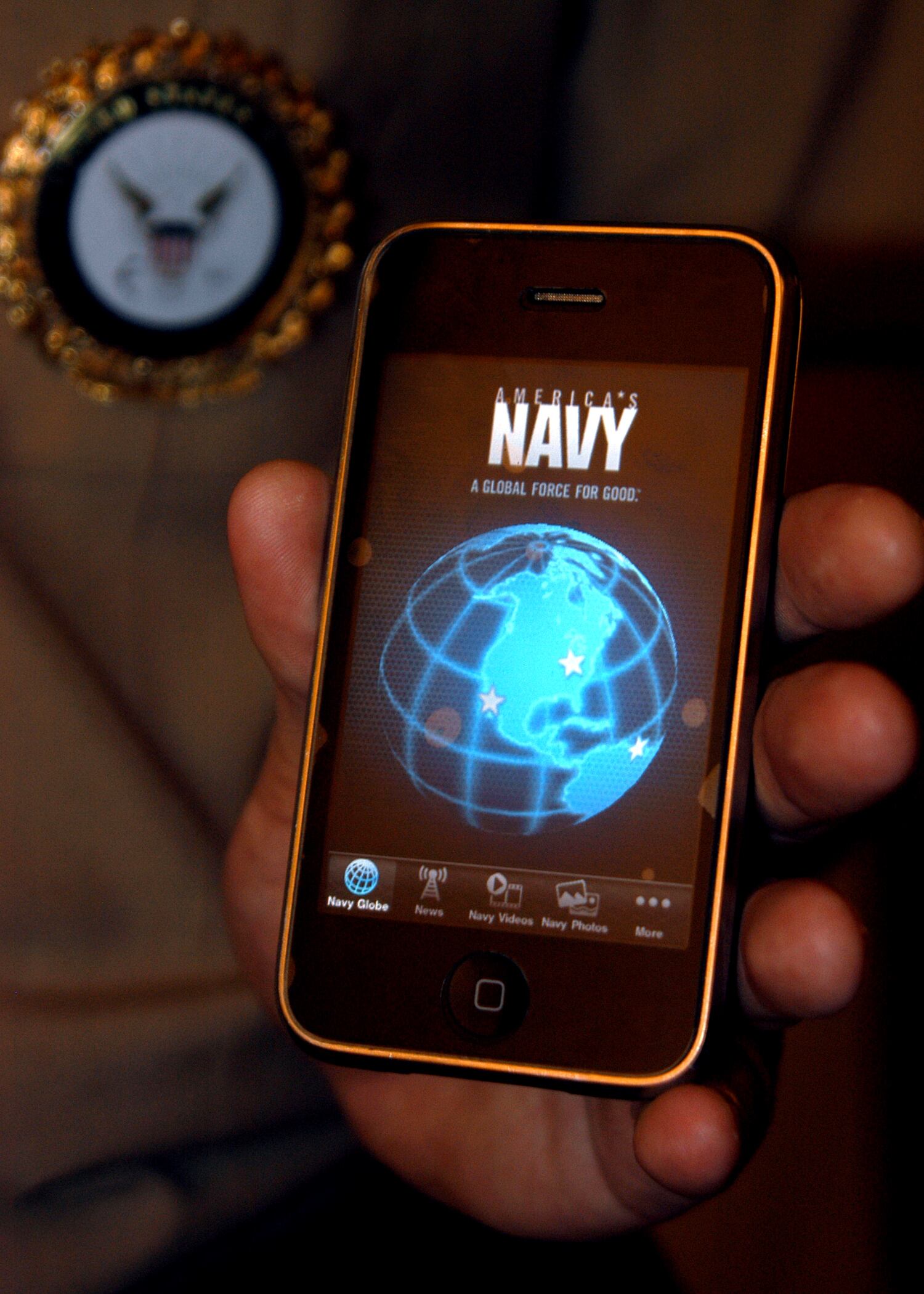Correction: An error was introduced during the editing process. The author serves in the New York State Guard — an unpaid, all-volunteer force — and not the National Guard. We regret the error.
Serving in the military is both an honor and a service to those who volunteer in this great country of the United States of America. However, many potential volunteers are disqualified for various reasons, thus the reason for my letter.
I am a 25-year-old man with a four-year college degree in history from Stony Brook University with high-functioning autism. I have been rejected by the Army three times outright just from disclosing my diagnosis. I was also rejected by the Marine Corps twice after disclosing my medical records. I was never given the opportunity to take the ASVAB, nor was I given an opportunity to appeal the decision.
This is a personal fight for me, but this is also a fight for other people with high-functioning autism. For far too long, our right to serve and fight has been denied on the grounds of our disorder — we are so much more than that. I was even told by one of my recruiters to hide my diagnosis by not mentioning it. This is wrong. Like the ethnic minority and LGBT service members before us, we shouldn’t have to hide who we are when serving.
That is why I’m asking the government and military to make high-functioning autism a waiverable condition for military service. This waiver won’t cover all people on the autism spectrum, nor should it — autism is a spectrum disorder. Functioning widely varies from totally non-verbal to highly qualified and fully functioning individuals. The waiver would include individuals with Asperger’s and other high functioning autistic people that don’t have any sensory difficulties and those who don’t need help in the past year in special education at school.
RELATED

Openly allowing those with autism to serve would raise standing for those in the autism community. Autism rates are currently at 1 in 40 births in the United States, and the rates are even increasing. Just because you have autism does not mean you don’t have the desire to fight and serve for your country.
There are people with autism that have served successfully and there are even autistic service members now. Some nations, such as Israel, already allow those with high-functioning autism to enlist. I’ve included an article from The Atlantic about an Israel Defense Forces unit of teenagers with high-functioning autism.
There are a lot of patriotic autistic people out there who would like to contribute to their country by serving, and we need to recognize that. With autism rates growing, we are a large portion of the population. It seems unjust that so many people who are willing to serve are not being given the chance.
I realize that not everybody wants to serve in the military, even those with autism. I also realize that military service is voluntary. However, a person with autism probably knows themselves better than anybody else, and knows what they are capable of in the world. It is personally frustrating to be evaluated every day because of your disability. I know that I am not alone in feeling this way. I have read an article about an Army medic with autism that gave his life in Afghanistan for our freedom.
Why discount a whole group of people who could do well in the military? Autism is called a spectrum for a reason, there are different levels to autism — we’re talking about the high-functioning ones. We are also talking about the ones who are making a conscious choice and know what they are doing. We are not being tricked and we know what joining the military entails.
RELATED
Military Child of the Year: Marine honoree active in autism awareness, anti-bullying campaigns
I have been in the New York State Guard for the past three years, and currently serve as a radio operator. I have been through boot camp, and I understand the pressures such as PT and being yelled at by drill instructors. I serve one weekend a month and one week a year, I go to Camp Smith to hone my skills. With this experience I am fully aware of what I am walking into and it has not deterred my desire to want to serve my country.
The one lesson to take away from this is that every person with autism is an individual first with different talents, desires and motivations. I, and so many other people with autism who want to join, should not have to lie to get in. This goes against our truthful nature in the world. We should not have to lie to get ahead in the world. We are people and we want to serve just like everybody else.
James Strack, a Stony Brook University graduate from Wading River, New York, tried to enlist in the military, but was denied after he disclosed that he has autism.





